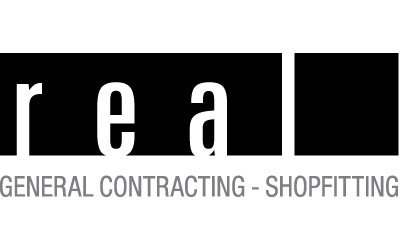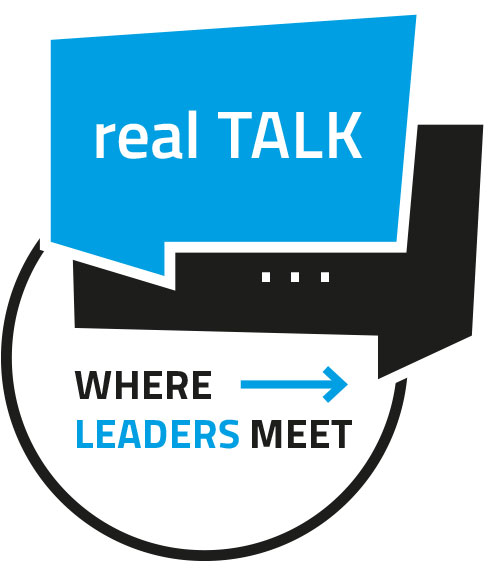We talk to Elizabeth C. Nelson, the author of The healthy office revolution. The title stands for itself. Nelson and her team show scientifical research that displays the interdependence of different variables on the performance of office employees. In our real Talk, we talk to the expert about the future of healthy offices.
red. Miss Nelson, what do you see as the main reason for burnouts in everyday office life?
Nelson. Our offices are furnished after industrial standards, but the truth is we don’t work in factories and the output does not equal the performed working hours. We need to think of ourselves as a complex and creative being, whom by investing in our well-being, health and work-life-balance can actually do better work instead of simply work more.
red. You mention lighting technology, nutritional issues and biophilia as important aspects that employers can improve on in their own companies. But you address so-called mindfulness as a holistic, desirable concept. What do you mean by that?
Nelson. Mindfulness and meditation are powerful tools, but rooms for those purposes are unused way too often or are used only by the already healthy ones. We have seen and designed rooms that can create a mediative and sensitizing environment more passively . A view into nature, imagery or even digitalized nature experiences as well as natural light are a great way to lower blood pressure, decrease stress, improve mood, etc. I believe implementing those features in spaces does a better job of reaching those who are stressed the most.
red. Are there any exemplary companies in the context of ‘practiced Mindfulness’ that you can think of?
Nelson. I think this is an ongoing process.
red. What would mindfulness look like in terms of implementation or integration into everyday business life for a medium-sized employer?
Nelson. See previous answer.
red.Your book „The Healthy office Revolution“ is from 2017, are you seeing improvements today in terms of employer awareness based on the outcomes you researched?
Nelson. It has been 4 years since my book came out and it has been an incredibly inspiring process to see employer awareness and dedication to healthy spaces continue to grow.
red. Significant greening of the workplace and office space still seems very futuristic and more importantly, labor-intensive for employers. Do you have any exemplary examples here?
Nelson. While wide-spread greening does seem to be a few years off, we are seeing a faster push towards this and it’s exciting to see this becoming more and more normal in the coming years. In Europe for example 70% of the workforce will be Millennials. This generation is driven by a healthy work-life-balance and prefer flexibility over higher salary. Social and health issues are very important and we’re going to see more and more Insiders fight for those, especially in the war for younger talent.
red. Keyword Healthy Office and Employer Branding: are there any studies that classify what is most important to employees today?
Nelson. I think employees need to learn how they work best and work for an employer who gives them this flexibility. Are people an early chronotype (morning person) or do they work best in very quiet/ private spaces? What is the best amount of meetings/focused work. Employers need to create a space and structure for a diverse group of workers and employees need to start seeing how they work best.
red. Successful marketing thrives of good content, which manifests itself social media especially. How can employers use Healthy Offices to score additional points with potential applicants.
Nelson. The war for talent is real. And healthy, sustainable and smart buildings are a huge competitive advantage for getting the best job candidates.
red. Are there reliable figures regarding the investment in healthy office strategies?
Nelson. This is something that’s asked often, the truth is there is a lot of data to look at the damage most offices and office culture have on people. And some research on what healthy initiates and spaces can do in terms of ROI. However, and maybe most interesting there isn’t any research on what happens in an ideal environment and culture. How much does innovation increase? How much do sick days decrease? How much longer do employees stay in a company? And the reason I know that there is no research on this is because we haven’t figured out an ideal environment. The truth is we are doing so much wrong in the office and only experts can obtain some positive results. However, we have just scratched the surface on how we work best and we must keep pushing.
red. What role does digitalization and automation play on the path to a healthy office?
Nelson. My PhD is in biomedical engineering and as a cofounder of Smart Building Certification I believe there is so much possible with technology. Technology is an amazing tool but we shouldn’t consider it more than that. We still need people involved in how technology works and what insights we’re getting out of it.
red. You are an author, speaker and consultant. Which role is currently occupies the most time? And have we not yet mentioned one or more facets of your professional life?
Nelson. I think most of all I consider myself a disrupter. A causer of good trouble. The thing I do most is probably consult although I do speak often and it’s something I enjoy very much. In terms of another book coming out I have been asked this many times and given some good offers. It’s something I am excited to do when the time is right.
red. When you think about your own audiences – who are your ideal clients?
Nelson. That’s the beautiful thing. We all connect to this concept and have all struggled in the current work culture. When I started I tried to focus on who the ideal customer was but it has surprised me how diverse the companies and client we work with are.
red. What is your most exciting project in the future?
Nelson. I love the collaborations with universities and companies. I think it’s a complex process but provides such incredible insights. When it results in an academic journal, marketing material, and applies changes. That’s my favourite kind of project.
red.Do you have a motto in life?
Nelson. I don’t have a motto but I believe in disrupting what doesn’t work and making some good trouble.
red. Thank you very much for the interview.
Nelson. I am honoured to be a part of this.




